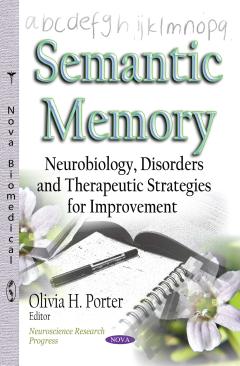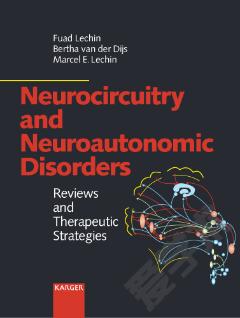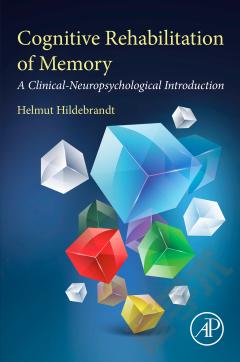Semantic Memory: Neurobiology, Disorders and Therapeutic Strategies for Improvement
From infancy, by being in contact with the world, we acquire information regarding living beings and objects that surround us; we use objects and tools and watch others manipulate them; we taste various foods, perceive their smell and see their color, we play musical instruments and listen to music. This and other information that we store is semantic knowledge, and the kind of memory that stores and processes all that information is called semantic memory. Semantic memory is likely the most important type of memory that facilitates verbal and nonverbal communication and allows humans to share their unique experiences. This book aims to review some aspects of the state of the art of semantic memory from the viewpoint of cognitive neuroscience. It also discusses semantic dementia, as well as a weak central coherence in individuals with Williams syndrome.
{{comment.content}}








 京公网安备 11010802027623号
京公网安备 11010802027623号